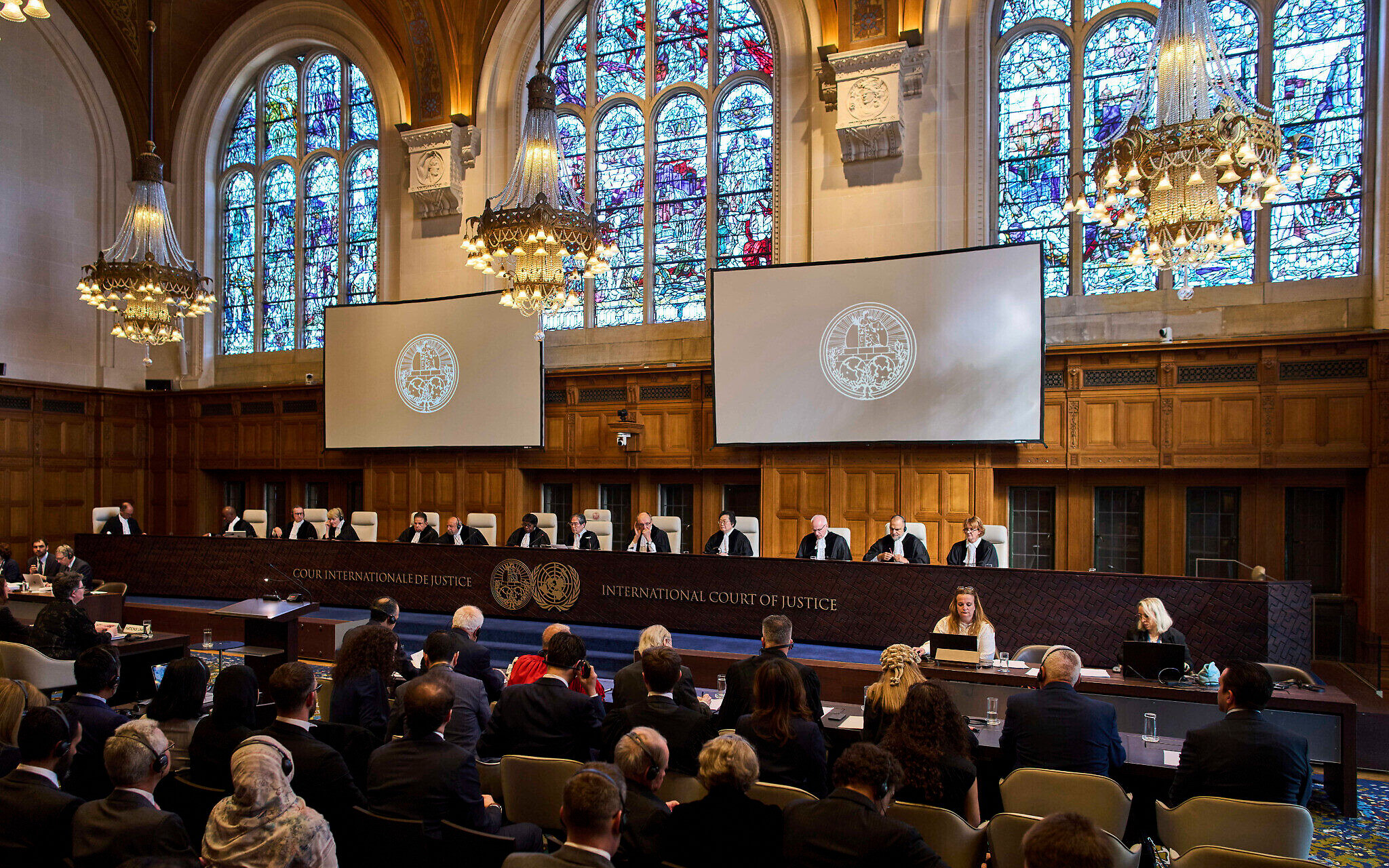UN Court Rules Israel Must Cooperate with UN Agencies in Gaza
The International Court of Justice (ICJ) has issued a landmark advisory opinion. It states that Israel, as an occupying power, is legally obligated to facilitate humanitarian aid in Gaza through United Nations agencies. The ruling comes after Israel’s restrictions earlier this year severely curtailed the ability of the UN Relief and Works Agency for Palestine Refugees (UNRWA) to deliver essential aid to civilians.
In its opinion, the ICJ emphasized that Israel “may never invoke reasons of security to justify the general suspension of humanitarian activities in occupied territory.” The court found that Gaza’s population has been “inadequately supplied” since the blockade. It urged immediate cooperation with the UN and third-party states to meet the basic needs of civilians.
The opinion, while non-binding, carries significant political weight. It is expected to increase pressure on Israel to comply with international humanitarian law. According to UNRWA, humanitarian access remains critical. Over two million residents depend on aid deliveries. Philippe Lazzarini, the UNRWA Commissioner-General, hailed the ruling as “unambiguous.” He also confirmed that the agency is prepared to scale up its humanitarian operations if access is granted.
Israel Rejects Court’s Opinion as “Politically Motivated”
Israel’s government swiftly denounced the ruling, calling it “shameful” and “politically biased.” Officials argued that the ICJ had ignored what they describe as credible evidence of Hamas infiltration within UNRWA’s operations. Israel claims that hundreds of agency employees were linked to the militant group. However, the court noted that such allegations were unsubstantiated and lacked sufficient proof.
The United States also criticized the ICJ’s opinion, calling it “corrupt” and claiming it unfairly shields UNRWA from accountability. The US State Department reiterated support for alternative humanitarian mechanisms. It supported the Gaza Humanitarian Foundation, which Israel proposed as a partial substitute for UNRWA’s role.
Despite the backlash, the ICJ underscored that Israel cannot use starvation or aid obstruction as methods of warfare. It reaffirmed international prohibitions under the Geneva Conventions. The court’s judgment also highlighted the continuing humanitarian crisis in Gaza. According to UN OCHA, shortages of food, fuel, and medical supplies persist despite recent ceasefire agreements allowing up to 600 aid trucks per day.
Israeli Ambassador Danny Danon accused the court of ignoring security threats and turning UN agencies into “breeding grounds for terrorists.” Meanwhile, humanitarian organizations continue to call for unhindered access to Gaza’s population, arguing that politicizing aid only deepens civilian suffering.
Broader Legal Context: UN and ICC Cases Intensify Pressure on Israel
The ICJ’s decision adds to a growing list of legal challenges confronting Israel. In July 2024, the same court ruled that Israel’s presence in the West Bank y East Jerusalem is illegal. It called for the withdrawal of settlers and reparations for land confiscation and resource deprivation. The sweeping opinion detailed violations of international law. It included restrictions on Palestinian self-determination and exploitation of natural resources.
Simultaneously, the International Criminal Court (ICC) continues its separate investigation into alleged war crimes during the Gaza conflict. In late 2024, the ICC issued arrest warrants for Israeli Prime Minister Benjamin Netanyahu, former Defense Minister Yoav Gallant, and senior Hamas figure Mohammed Deif. They are accused of orchestrating attacks that triggered the war. Although Israel does not recognize the ICC, it remains bound by the ICJ statute as a UN member state. This ensures the legal implications of Wednesday’s opinion will echo far beyond The Hague.
The ICJ’s stance also aligns with findings from the Office of the High Commissioner for Human Rights, which concluded in September 2024 that Israel’s conduct in Gaza amounted to potential genocide. Israel has vehemently denied this charge. Yet as international legal and humanitarian institutions converge on the crisis, the ruling underscores a crucial point. The responsibility of an occupying power extends beyond security and includes ensuring the survival and dignity of the civilian population under its control.
With pressure mounting from international courts, humanitarian agencies, and civil society, the ICJ’s opinion marks a pivotal moment. It redefines the balance between national defense and humanitarian law. For millions in Gaza, it could also mean renewed hope that the global community will finally enforce accountability. Relief may come where politics have long failed.







